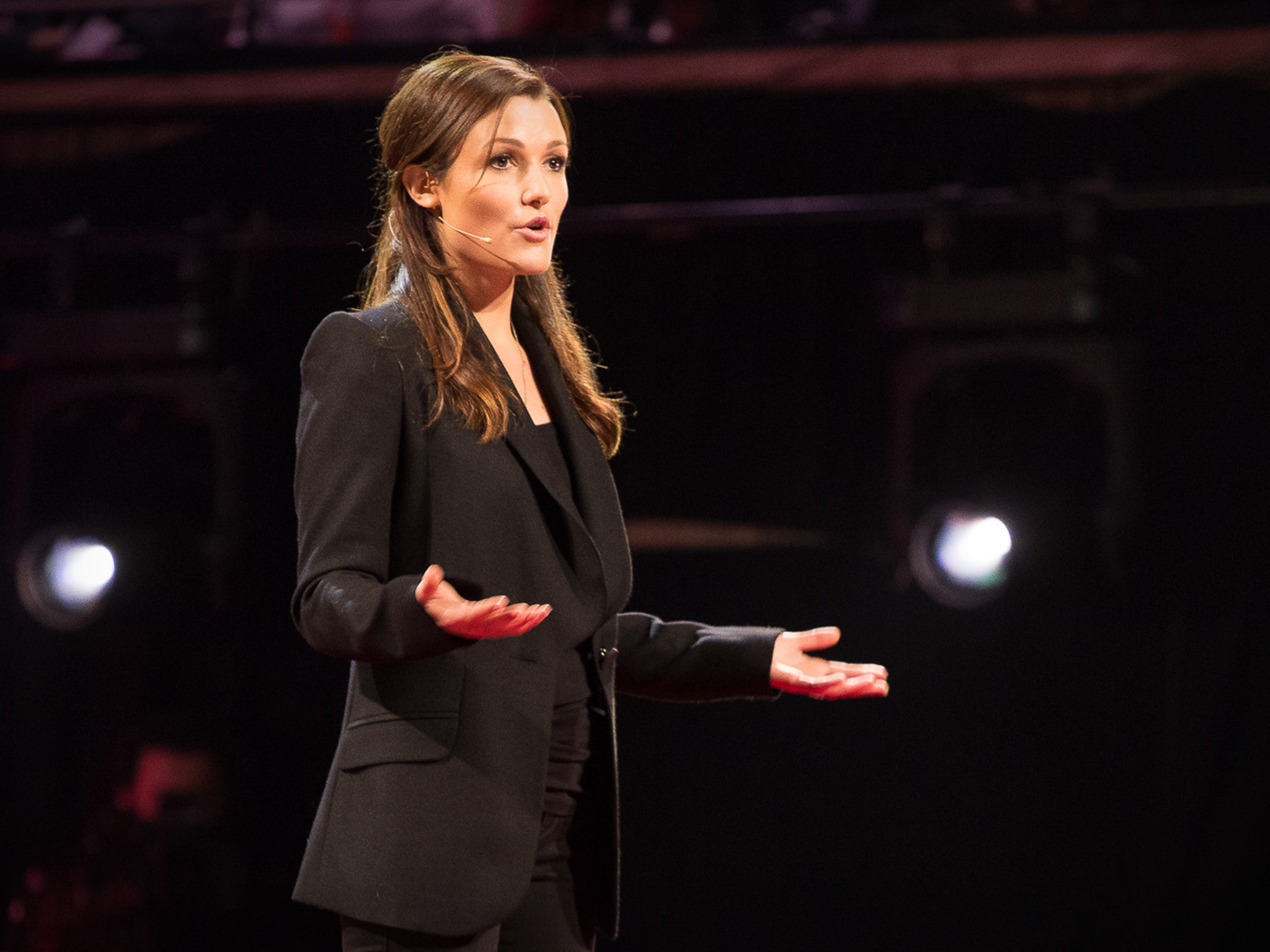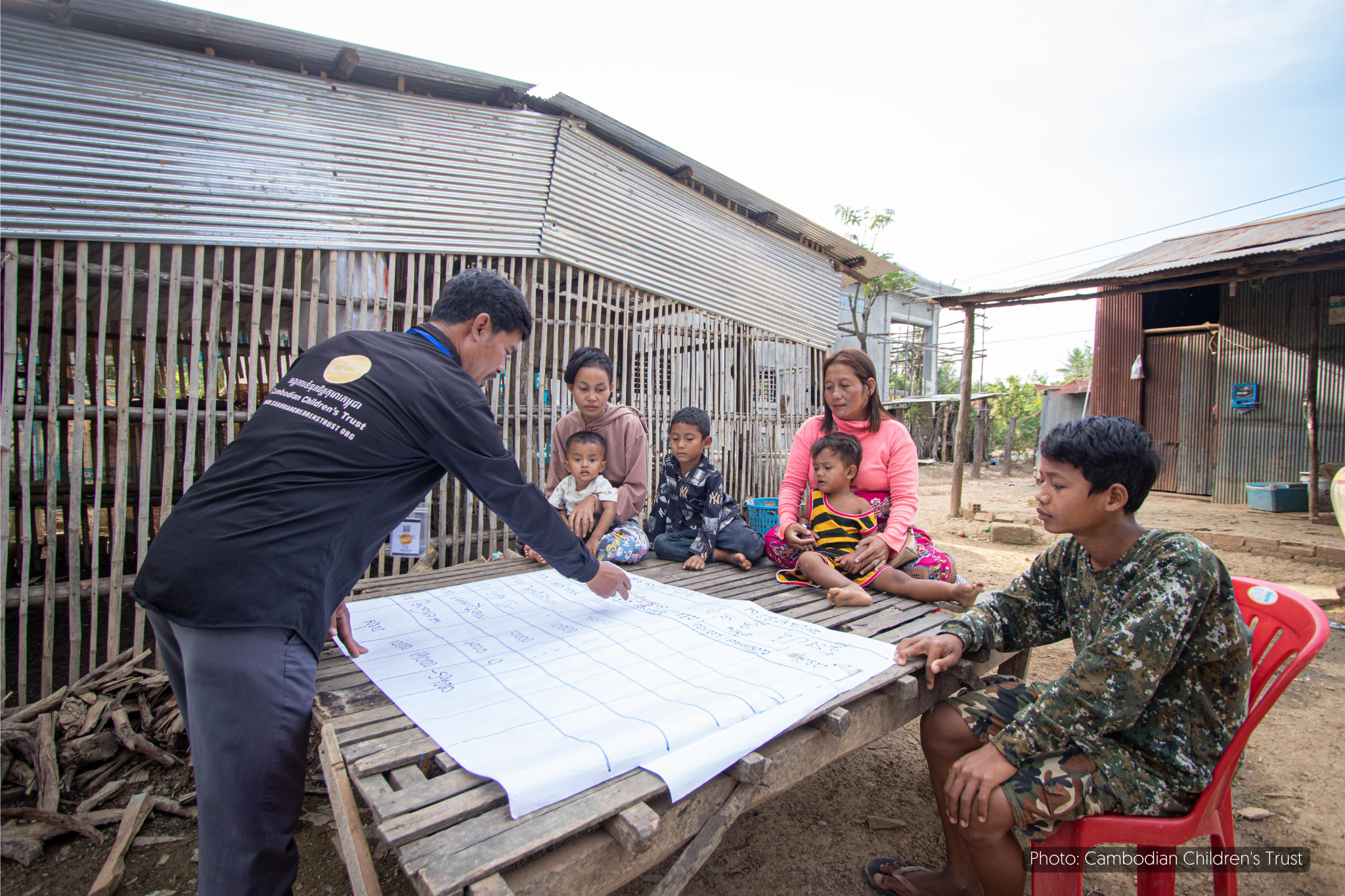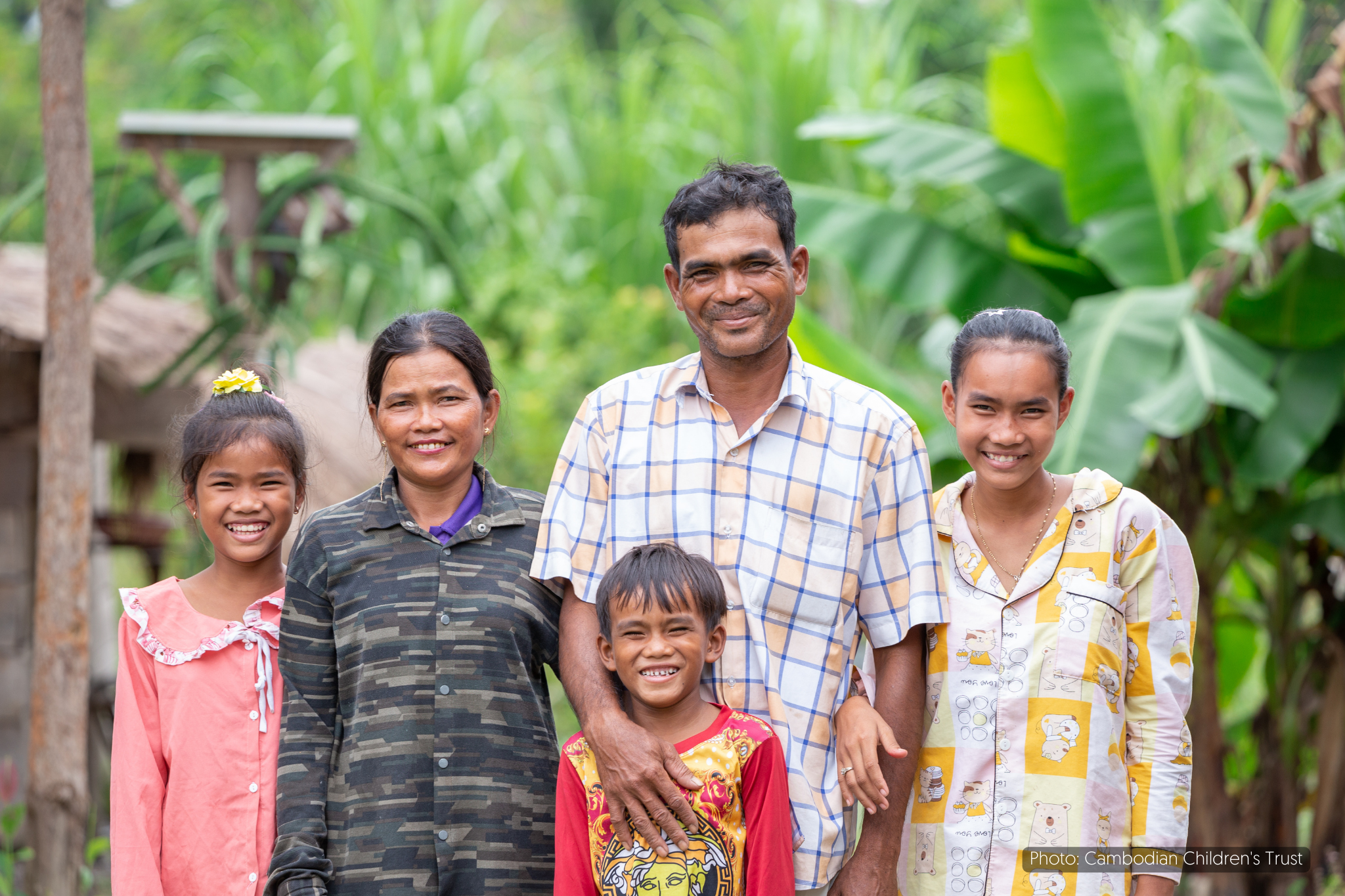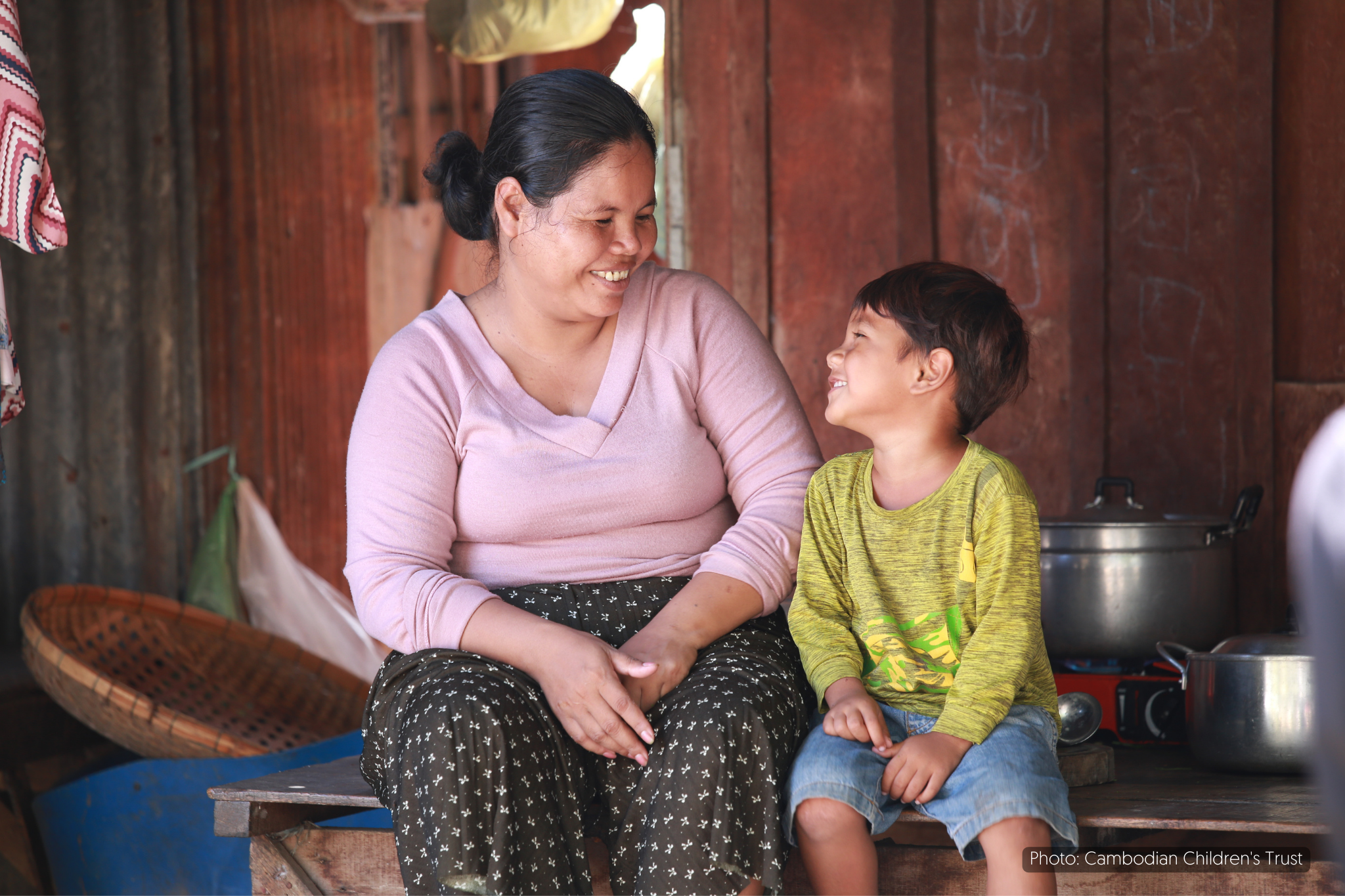Tara Winkler was just nineteen years old when she packed a suitcase and left her home in Australia to travel around Southeast Asia. When she arrived in Cambodia, she was moved by the poverty she encountered and decided to do something about it. She started visiting different orphanages and buying the children clothes and school supplies. She thought she was helping, but eventually discovered that nothing could be further from the truth. One of the orphanages she visited was particularly poor. Tara realised that the help she could give at the time was not enough. They needed food, education and medicine. So she promised the children that she would go to Australia, find funding and come back to help them.
One of the orphanages she visited was particularly poor. Tara realised that the help she could give at the time was not enough. They needed food, education and medicine. So she promised the children that she would go to Australia, find funding and come back to help them.
An orphanage worker named Jedtha Pon explains in an interview what he thought when Tara made that promise to them:
"I thought I would never see her again. I was used to meeting foreigners who promise you that, but never come back".
However, Tara did come back and stayed at the orphanage for several months. She taught the children English, bought them food, water filters and anything else they might need. Spending so much time at the orphanage led her to discover something terrible: the institution was corrupt, the money did not reach the children, and the director was a sexual abuser.
Tara went to talk to the local authorities and convinced them to support her in saving the children. The rescue was a success and in 2007 Tara and Jedtha set up their own orphanage called "Cambodian Children's Trust" (CCT). The news was soon reported in the Australian media. The narrative tended to be the same. Tara was referred to as the great white heroine who had come to this poor country and saved the lives of 14 children. But again, time taught Tara that this was not the solution.
The news was soon reported in the Australian media. The narrative tended to be the same. Tara was referred to as the great white heroine who had come to this poor country and saved the lives of 14 children. But again, time taught Tara that this was not the solution.
Tara eventually learned the local language, which enabled her to communicate with the children. She discovered that they actually were not orphans, they all had living parents or relatives. So, what were they doing there? why wasn't their family taking care of them?
Between 2005 and 2015, the number of orphanages in Cambodia increased by more than 60%. Most of this growth is due to so-called "orphanage tourism", as Tara did when she first came to the country. The tourist comes, spends some time with the children, leaves his or her money in the orphanage and leaves feeling that he or she has done a good job. Many orphanages are actually tourist businesses that take advantage of the most vulnerable families who cannot take care of their children.
No institution, no matter how good it is, can offer children the love they need from a family. So Tara realised that she had made a big mistake and turned her orphanage into an NGO to help empower families. She started working with communities to solve social problems and prevent children from having to leave their families.
Today, the CCT's activities are run 100% by local people, a fairly radical transformation from its beginnings, based on the humanitarian impetus of a young Australian woman. One of them is Sinet Chan, one of the 14 girls who were rescued by Tara. She is now a director of the CCT board and is clear about how they want to work:
"I lived like a queen, because the CCT was the best; we had tutors, painting, dancing, music, holidays. But few people received that support. Now the resources go to different houses, different villages, different communities. I don't think it's good to empower one person like me or other children, but all donor support should go to the whole family. I think it's a great approach, because we know that raising a child in an orphanage is more expensive than raising a child in the family."
For scholars who have studied Tara's story, it is an example from which we can draw valuable lessons. The desire to do good is not enough to promote sustainable development; it is essential to adopt approaches that foster community empowerment and respect local sovereignty.
The new CCT model has proved so effective that it has been adopted by UNICEF Cambodia and the Cambodian government as a national solution so that children never have to leave their families.













